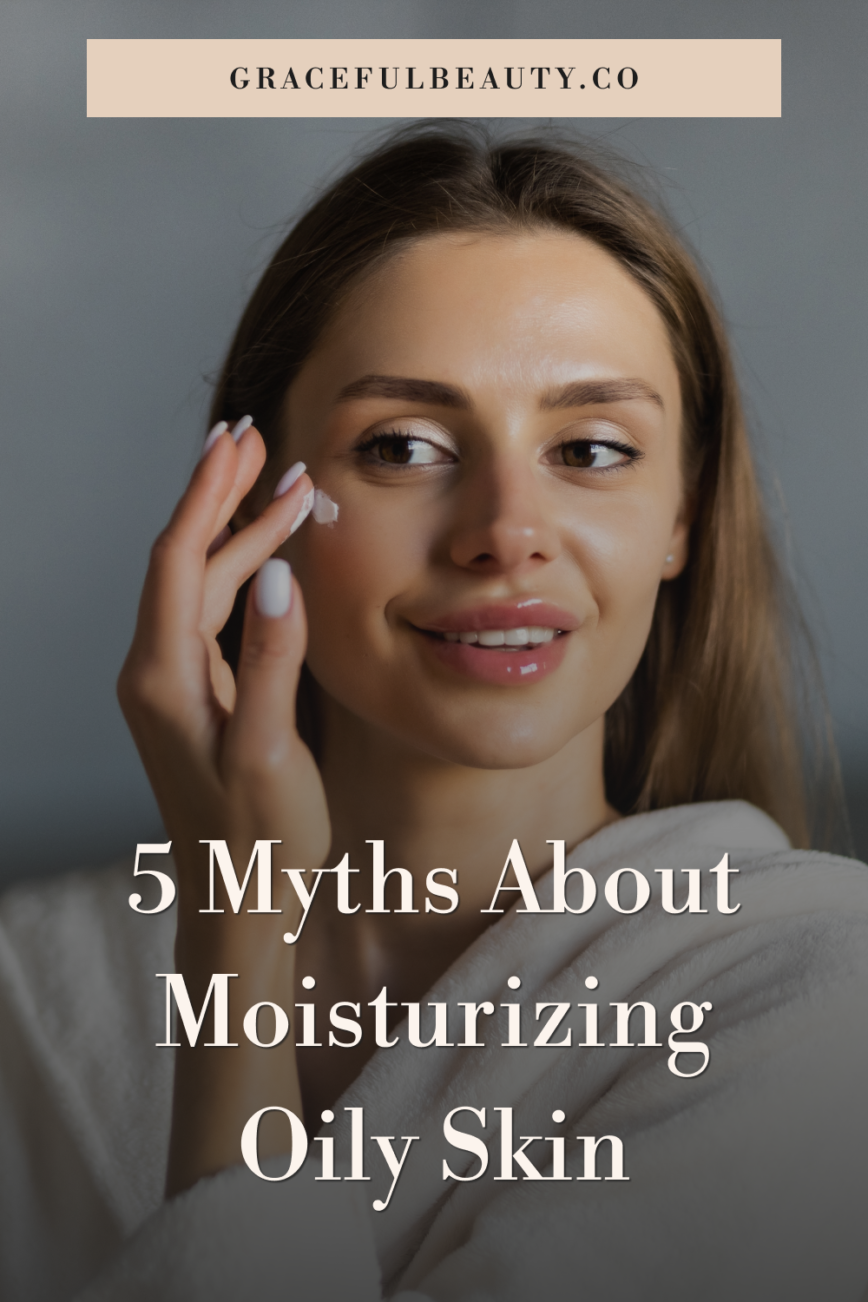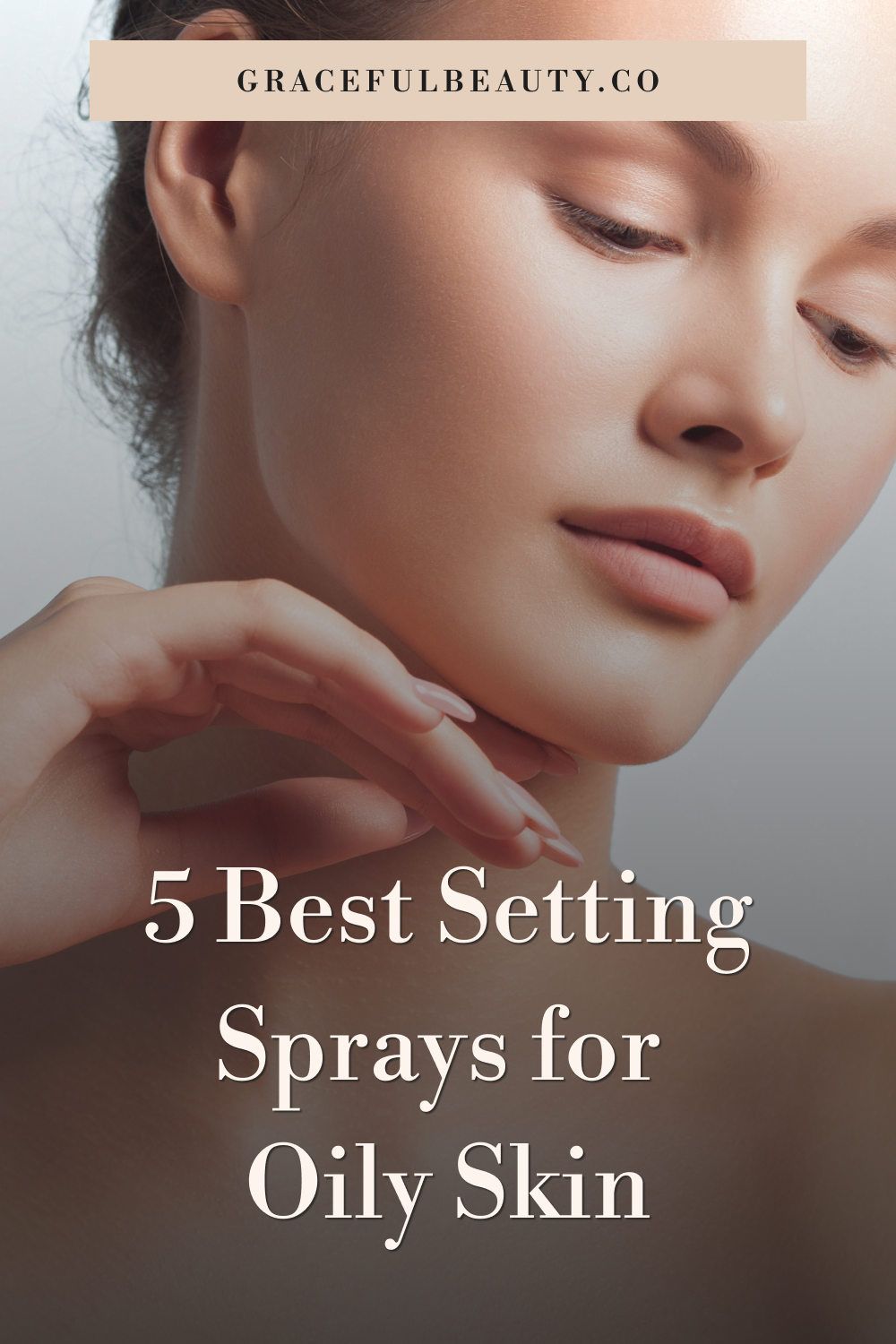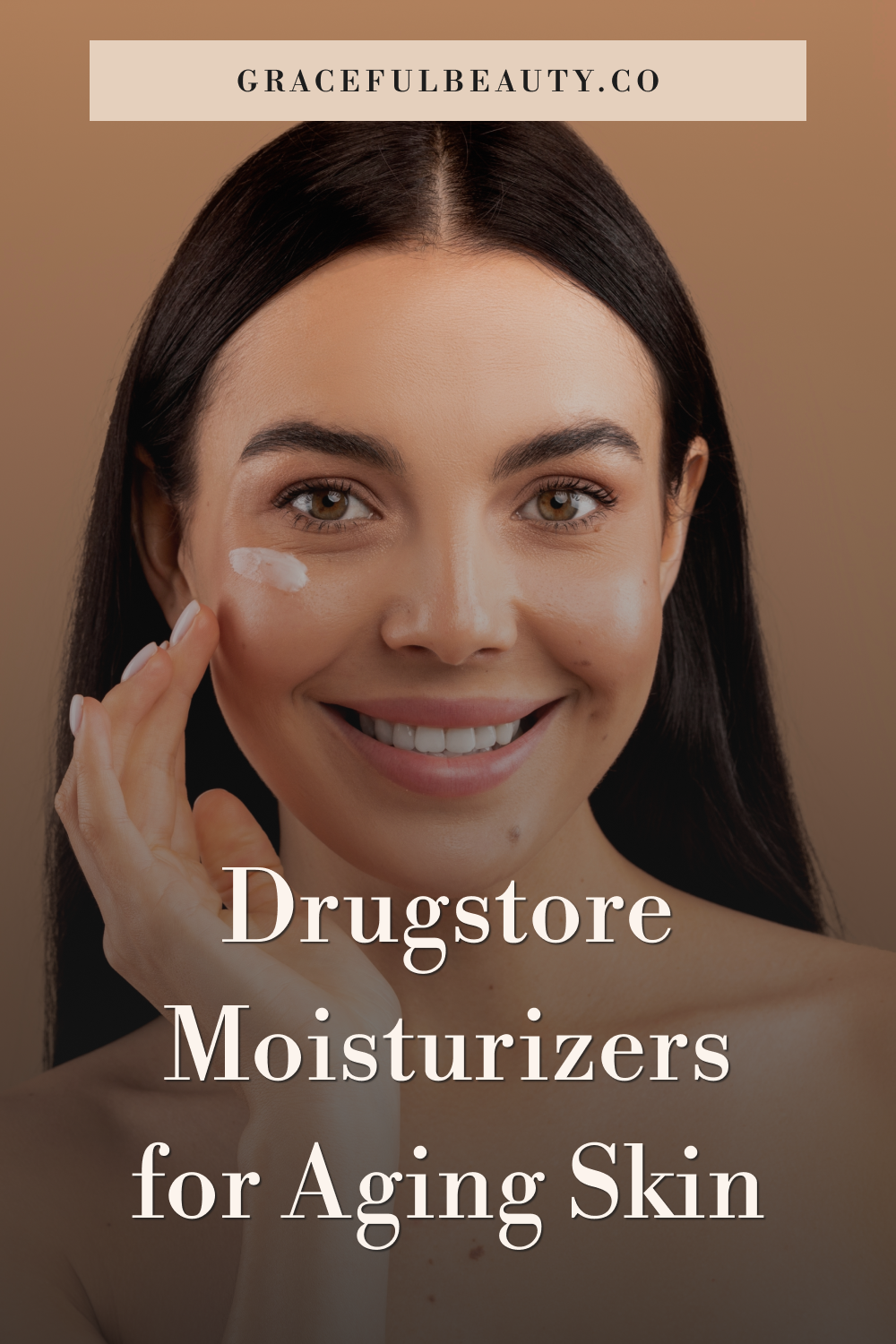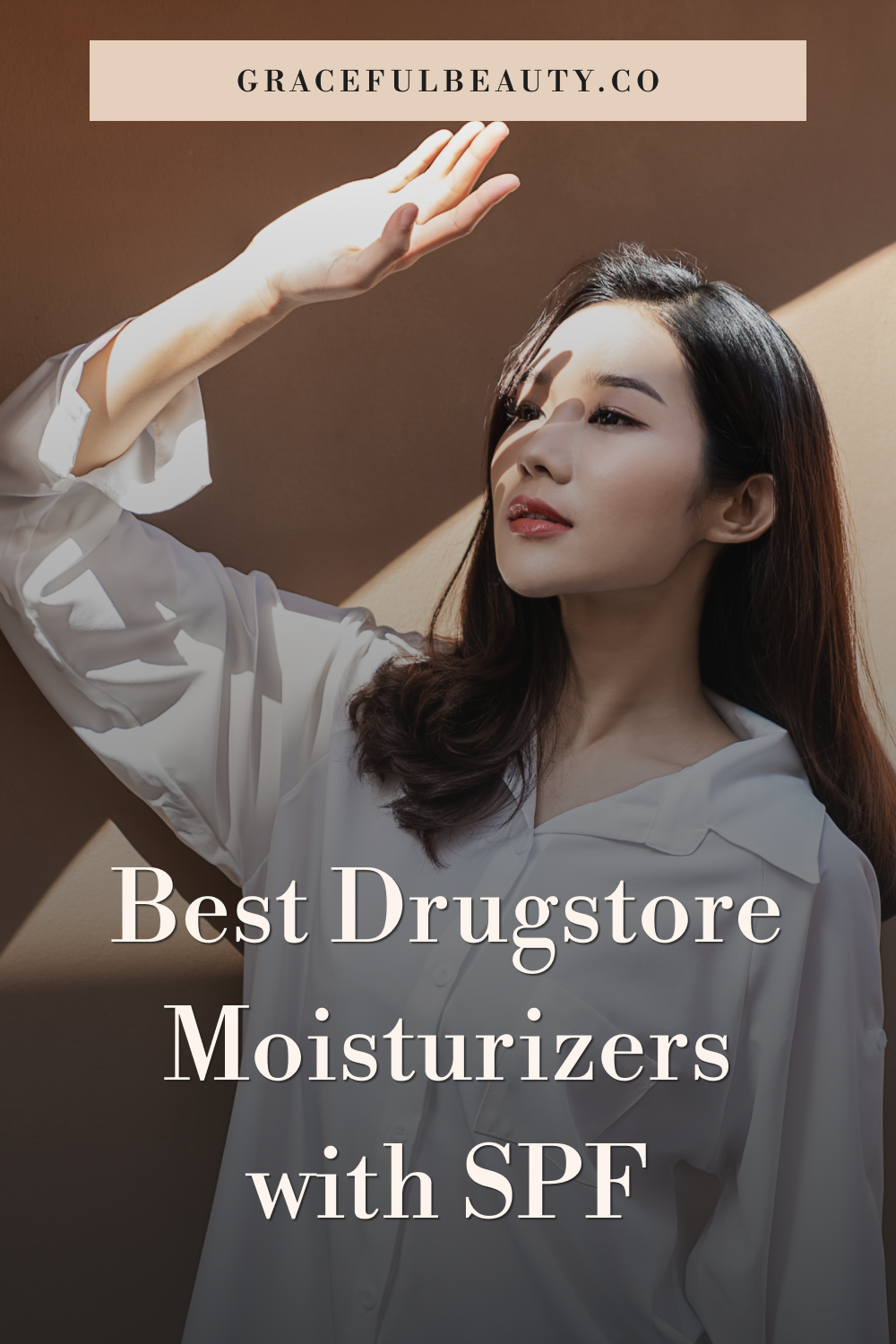
Are you tired of dealing with oily skin that seems impossible to moisturize without making it look greasy? In this post, we’re going to debunk 5 common myths about moisturizing oily skin and show you the importance of using the right products. You’ll learn how proper moisturization can benefit oily skin and discover the best moisturizers and lotions for your specific needs. If you’ve been struggling to find the right skin moisturizer for oily skin, you’ve come to the right place. Let’s set the record straight and help you achieve a healthy, balanced complexion.
Myth #1: Moisturizing Oily Skin Leads to More Oil Production
Many people with oily skin have been led to believe that moisturizing will only exacerbate their skin’s oily tendencies. However, this is a common misconception. Understanding the role of non-comedogenic moisturizers and the link between hydration and oil balance helps debunk this myth.
The Role of Non-Comedogenic Moisturizers
Non-comedogenic moisturizers are formulated to avoid clogging pores, making them ideal for oily skin. By using such moisturizers, you can ensure that your skin receives the hydration it needs without triggering excess oil production. Look for products containing ingredients like hyaluronic acid, glycerin, and niacinamide, which provide moisture without adding extra oil to the skin.
Hydration and Oil Balance
Proper hydration is essential for maintaining a healthy oil balance in the skin. When the skin is dehydrated, it may try to compensate by producing more oil, leading to increased greasiness. Using harsh products that strip the skin of moisture can worsen this imbalance. It’s important to opt for gentle, hydrating moisturizers to maintain the skin’s equilibrium and prevent it from overproducing oil.
Here are some recommended non-comedogenic moisturizers for oily skin:
- Neutrogena Hydro Boost
- Caudalie Vinopure Oil-Control Moisturizer
- Aestura AtoBarrier365 Lotion
- CeraVe Ultra-Light Moisturizing Gel
- La Roche-Posay Effaclar Mat Daily Face Moisturizer
Myth #2: Oily Skin Doesn’t Need Moisturizing
It’s a common misconception that oily skin doesn’t need moisturizing, but in reality, using a moisturizer specifically designed for oily skin can be incredibly beneficial.
Moisturizers play a crucial role in maintaining the skin’s barrier function, which is essential for protecting the skin from external aggressors and preventing moisture loss. By using a lightweight moisturizer, individuals with oily skin can ensure that their skin remains adequately hydrated without feeling greasy.
Moreover, moisturizing oily skin can help regulate sebum production. When the skin is dehydrated, it can overcompensate by producing more oil, leading to an even greasier complexion. By keeping the skin adequately moisturized, it’s possible to prevent this excessive sebum production, resulting in a more balanced and less oily complexion.
When selecting a moisturizer for oily skin, look for products with non-comedogenic formulations that won’t clog pores. Additionally, opt for those labeled as oil-free to ensure they won’t exacerbate greasiness. Some recommended lightweight, oil-free moisturizers for oily skin include:
- Caudalie Resveratrol-Lift Firming Night Cream
- Lancôme Hydra Zen Gel Cream
- La Roche-Posay Toleriane Double Repair Matte Face Moisturizer
By choosing the right moisturizer, individuals with oily skin can reap the benefits of proper hydration without exacerbating their skin’s natural oiliness.
Myth #3: Moisturizers for Oily Skin Should Feel Drying
When it comes to using moisturizers for oily skin, the notion that they should feel drying is a common misconception. Many people associate matte finishes with dryness, but in the realm of skincare, this isn’t necessarily the case. Matte finishes in moisturizers are designed to provide a velvety, non-greasy look without dehydrating the skin. Unlike products that strip the skin of moisture, matte finishes offer a balanced approach that minimizes excess shine without compromising hydration.
Understanding Matte Finishes
Matte finishes in skincare products create a smooth, shine-free appearance by absorbing excess oil on the skin’s surface. These products contain ingredients that help control oil production and reduce unwanted sheen, giving the skin a more refined texture. It’s essential to differentiate between products that actually dehydrate the skin by stripping away natural oils and those designed to control oil and shine while maintaining adequate hydration levels.
Combating Dehydration Without Adding Excess Oil
Maintaining skin hydration is crucial, even for oily skin types. Instead of seeking out drying formulas, individuals with oily skin should opt for lightweight, oil-free moisturizers that balance moisture levels without adding excess oil. Look for products enriched with ingredients like hyaluronic acid and glycerin, which provide hydration without clogging pores or exacerbating oiliness. Additionally, incorporating a gentle exfoliation routine can help prevent the buildup of excess oil and dead skin cells, contributing to a more balanced and vibrant complexion. By choosing the right products and incorporating a consistent skincare regimen, it’s possible to achieve a healthy, hydrated glow without an overproduction of oil.
Remember, the key to caring for oily skin is finding the right balance between controlling excess oil and maintaining optimal moisture levels. Embracing the benefits of matte finishes and choosing the right hydrating products can lead to a beautifully balanced complexion, free from the discomfort of dehydration or excessive greasiness.
Would you like to explore the best moisturizers for oily skin? You can check out some recommendations from The Strategist, which features top picks for managing oily skin while keeping it hydrated.
Myth #4: Oil-based Ingredients are Bad for Oily Skin
When it comes to choosing a moisturizer for oily skin, specific ingredients play a crucial role in ensuring the product effectively addresses the skin’s needs. For individuals with oily skin, it’s essential to opt for moisturizers that contain key ingredients such as hyaluronic acid, niacinamide, and non-comedogenic oils.
Hyaluronic acid is a hydrating ingredient that works to provide moisture to the skin without adding excess oil, making it an ideal choice for oily skin types. Niacinamide, or vitamin B3, is known for its ability to regulate sebum production, helping to control the skin’s oiliness without stripping it of essential moisture. Additionally, non-comedogenic oils, such as jojoba or argan oil, can provide lightweight hydration without clogging pores, making them suitable for oily skin.
Incorporating these specific ingredients into a moisturizer can help ensure that it effectively addresses the needs of oily skin without exacerbating issues related to excess oil production.
Balancing Moisture and Oil Control
Finding the right moisturizer for oily skin is not just about combating excess oil; it’s also about maintaining a healthy balance of moisture. The misconception that oily skin doesn’t require moisturization can lead to the neglect of this essential step in skincare routine.
A well-formulated moisturizer tailored for oily skin can help balance moisture levels while simultaneously controlling excess oil production. By providing lightweight hydration and incorporating oil-controlling ingredients, such as willow bark extract or witch hazel, these moisturizers can maintain a harmonious equilibrium, preventing the skin from becoming overly dry or excessively oily.
When selecting a moisturizer for oily skin, it’s important to consider products that offer a combination of moisture and oil control, addressing the specific needs of oily skin without causing imbalance or discomfort.
For more information on the best moisturizers for oily skin, you can check out the 16 Best Moisturizers for Oily Skin.
Myth #5: Skipping Moisturizer Solves Oily Skin Issues
Understanding the Impact of Moisturizer Absence on Skin Health
Skipping moisturizer when you have oily skin may seem like a solution, but it can lead to imbalanced skin and potential issues. When the skin is deprived of moisture, it may compensate by producing more sebum, leading to increased oiliness. Additionally, lack of hydration can result in the skin becoming more sensitive and prone to inflammation. Therefore, skipping moisturizer does not solve the root causes of oily skin and can exacerbate the problem.
Building a Proper Skincare Routine for Oily Skin
Incorporating the right moisturizer into a comprehensive skincare routine for oily skin is crucial for maintaining balanced and healthy skin. Opt for lightweight, non-comedogenic moisturizers specifically designed for oily or acne-prone skin. These moisturizers help to hydrate the skin without clogging pores or contributing to excess oiliness. Consistency is key when it comes to skincare routines. By using a suitable moisturizer daily, you can help regulate sebum production and improve the overall condition of your skin.
Remember, finding the right moisturizer for oily skin may require some experimentation, but once you find the perfect match, it can significantly benefit your skin’s health and appearance.
Final Note
In conclusion, the myths about moisturizing oily skin have been debunked, revealing the importance of using appropriate moisturizers for this skin type. Contrary to common beliefs, oily skin does need moisturizing to maintain a healthy balance and regulate oil production. It’s essential for individuals with oily skin to make informed choices in selecting skincare products tailored to their specific skin needs, ensuring optimal hydration without exacerbating oiliness. By understanding the truth about moisturizing oily skin, individuals can achieve a balanced and healthy complexion.


